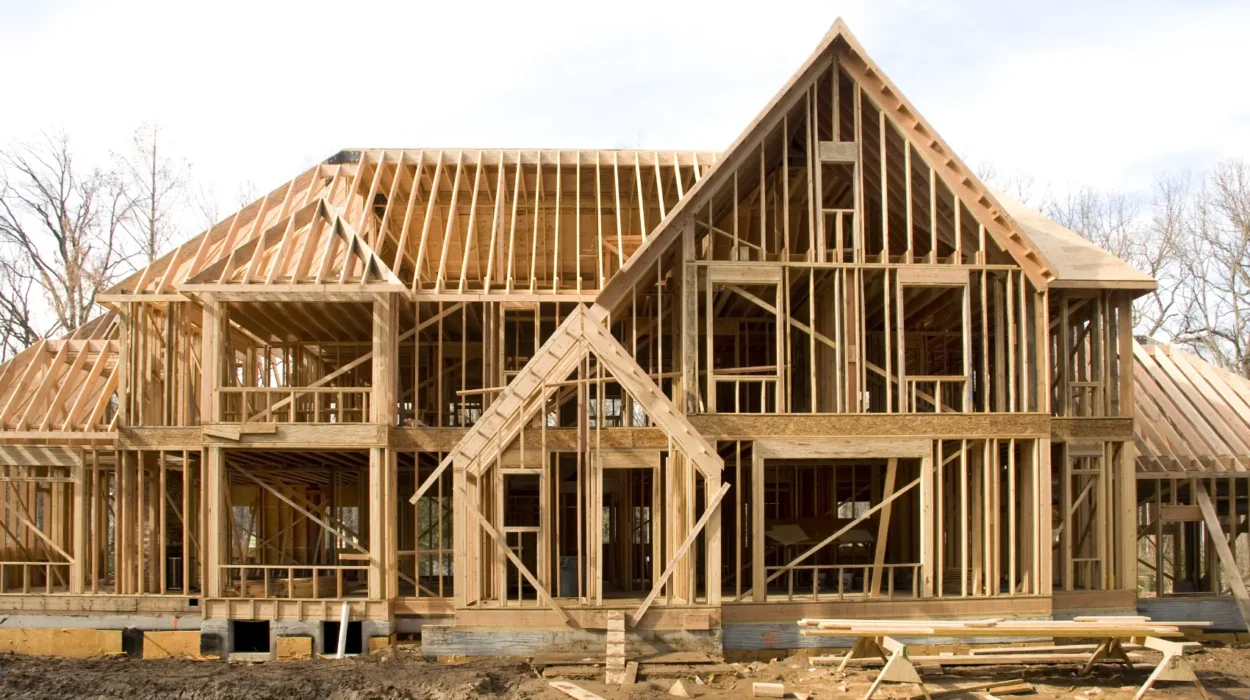Let’s be real — Google Ads are expensive. The cost-per-click for competitive real estate keywords can burn through your budget fast. But here’s the good news: you don’t need to rely on paid ads to show up on Google. With the right strategy, realtors can dominate organic search and local results using nothing but real estate SEO and consistent digital tactics.
Here’s how to build a long-lasting online presence that ranks — without spending a dime on advertising.
1. Claim and Optimize Your Google Business Profile
If you haven’t already done this, stop reading and go claim your Google Business Profile. It’s one of the most valuable free tools for realtors.
To appear in the local 3-pack (those top map results), your profile needs:
-
Complete business information
-
High-resolution photos of your listings, office, and team
-
Regular updates and posts (weekly is ideal)
-
A steady flow of positive reviews
-
Keywords related to your services in the description
Local signals are key to outranking other agents in your area — and a strong profile enhances both visibility and trust.
Pairing this with a fully optimized site gives you the best shot at mastering local SEO for real estate agents.
2. Build a Website That’s Built to Rank
A real estate website isn’t just for looks — it should be a performance engine. To show up on Google consistently, your site needs to follow best practices like:
-
Fast load speeds and mobile responsiveness
-
Clear navigation and site structure
-
Internal linking between related pages
-
Optimized titles, URLs, and meta descriptions
-
Alt text on all images, especially for listings and blogs
But structure alone isn’t enough — it’s your content that ultimately drives rankings. That’s where seo for real estate websites becomes your secret weapon.
3. Create Location-Specific Landing Pages
Generic pages don’t rank well. Google rewards specificity. If you want to dominate local search, you need to create individual pages for each:
-
City
-
Neighborhood
-
Zip code
-
School district
-
Community or subdivision
These pages should include relevant listings, local market stats, and keywords like real estate agent SEO, “[neighborhood] homes for sale,” or “best areas to buy in [city].”
Over time, this hyperlocal focus builds search authority and helps you rank for hundreds of variations — all without running ads.
4. Publish SEO-Optimized Blog Content
Your blog is a long-term ranking asset. Every post gives Google another opportunity to find and index your content. You can write about:
-
Housing market updates
-
Neighborhood profiles
-
Buyer/seller tips
-
First-time buyer checklists
-
Investment property advice
Make sure your posts target long-tail keywords — these are easier to rank for and attract highly qualified traffic. Phrases like “how to buy a duplex in [city]” or “best schools in [area]” perform incredibly well when paired with a smart real estate SEO strategy.
5. Get Local Backlinks
One of the top ranking factors in Google’s algorithm is backlinks — links from other websites pointing to yours. But not all backlinks are equal. The best ones for realtors are local and niche-relevant.
Here’s where to start:
-
Get listed in local business directories
-
Sponsor or collaborate with local events
-
Guest post on city blogs or real estate sites
-
Reach out to mortgage brokers or inspectors and trade backlinks
-
Get featured in local news stories or podcasts
When your website earns local authority, Google views it as more trustworthy — giving you a better shot at ranking above competitors who aren’t putting in this effort.
6. Optimize Every Listing Page
Don’t just upload the basics. Your property listings can (and should) be SEO assets. Make sure each one has:
-
A unique and keyword-rich description
-
Alt tags for every image
-
Internal links to neighborhood guides or blog posts
-
Fast-loading images (compressed without losing quality)
-
A schema markup to help Google display enhanced results
Many agents use third-party platforms that strip away SEO value. Hosting your own IDX-integrated listings, especially when enhanced for seo real estate keywords, gives you a huge advantage.
7. Encourage Reviews and Testimonials
Google wants to show the most trustworthy businesses. Online reviews, especially on Google, are a massive trust signal.
Make it easy for clients to leave reviews. Create a follow-up email template that asks for feedback and links directly to your profile.
Encourage clients to mention their location, the type of property, and specifics like “selling our condo in [neighborhood]” — this helps with keyword variation and relevance.
While reviews aren’t the same as content, they absolutely support your authority and rankings — something every real estate SEO company should help you manage.
8. Stay Consistent Over Time
You won’t dominate Google overnight — but with consistency, your results will snowball.
Stick to a content schedule, track your rankings, update old posts, and build your internal linking structure. This ongoing effort increases your topical relevance and helps you stay ahead of competitors who rely on paid traffic alone.
Even better? Once your content ranks, it continues to drive traffic and leads passively — unlike ads that stop working when your budget dries up.
Final Thoughts
You don’t need to burn money on Google Ads to win online. By investing in real estate SEO services, local content, and a technically sound website, you can create a sustainable stream of organic leads that grows month after month.
Google rewards relevance, expertise, and consistency. When you combine smart optimization with valuable, localized content, the algorithm works in your favor — no ad spend required.
Ready to stop renting traffic and start owning it? This is the blueprint.

